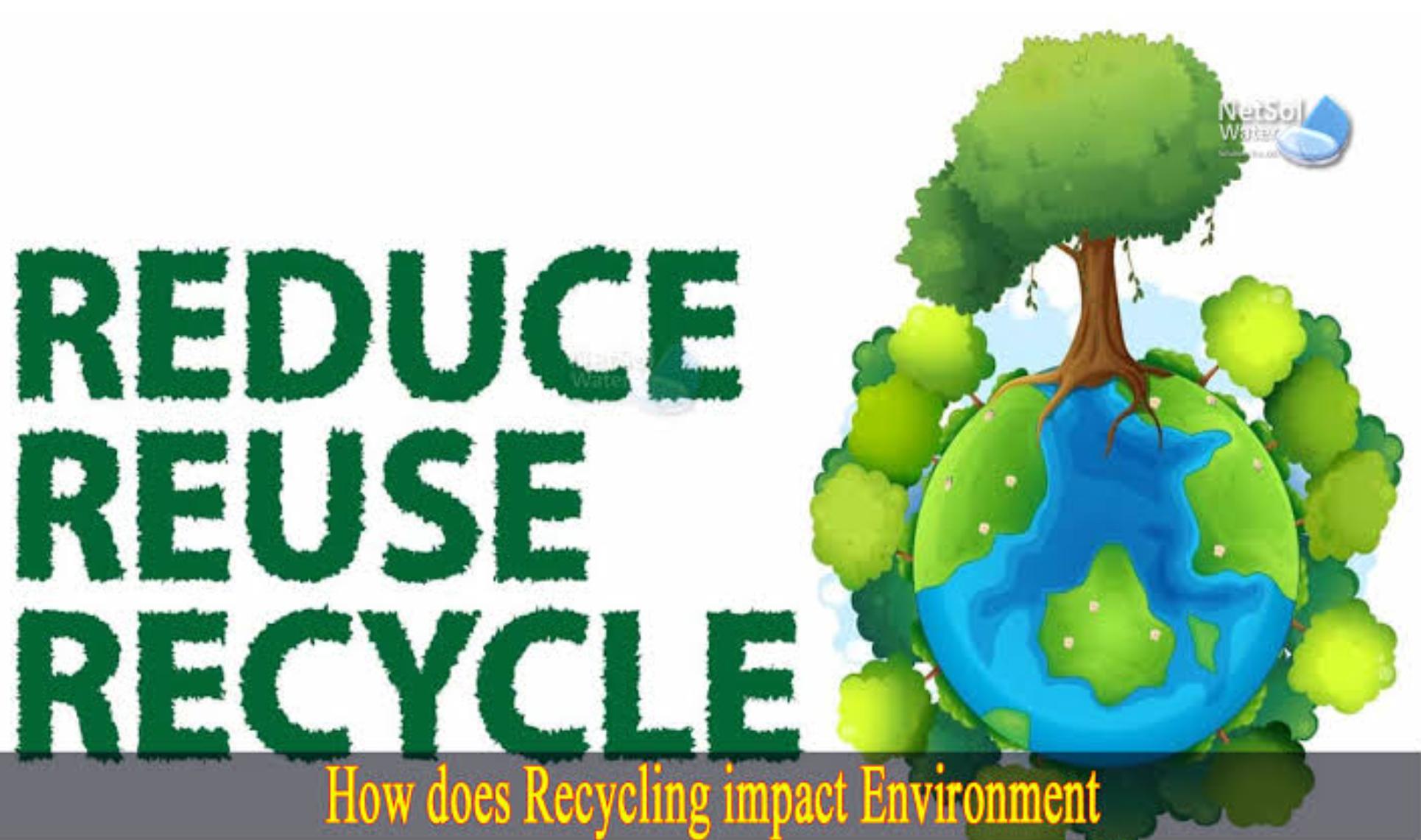Recycling Waste Management is a critical practice that contributes significantly to both environmental conservation and human health. As our planet faces mounting challenges related to pollution, resource depletion, and climate change, adopting recycling as a fundamental lifestyle and industrial approach has become more important than ever. This blog explores the multifaceted benefits of recycling waste, shedding light on its positive impact on the environment and human well-being.
What Is Recycling?
Recycling is the process of collecting, sorting, and reprocessing materials like paper, plastic, glass, and metal to create new products. It reduces waste, conserves resources, and lessens environmental impact by turning discarded materials into valuable raw materials for manufacturing. Recycling helps save energy, reduce pollution, and mitigate climate change, making it an essential practice for promoting sustainability and reducing our ecological footprint.
Why Is Recycling Important?
Recycling is crucial for minimizing waste, conserving resources, and lessening environmental impact. By reusing materials like paper, plastic, glass, and metal, recycling reduces the need for raw material extraction, energy-intensive manufacturing, and landfill disposal. This practice mitigates pollution, saves energy, and helps combat climate change by reducing greenhouse gas emissions. Recycling also promotes responsible consumption, encourages sustainability, and contributes to a healthier, more sustainable future for our planet.
Environmental Benefits
Conservation of Natural Resources: Recycling waste reduces the demand for virgin materials such as timber, minerals, and fossil fuels. By utilizing recycled materials, we lessen the need to extract, process, and transport these resources, ultimately preserving delicate ecosystems and reducing habitat destruction.
Energy Savings and Reduced Greenhouse Gas Emissions: Recycling consumes significantly less energy than producing new products from raw materials. Manufacturing goods from recycled materials generates fewer greenhouse gas emissions, thereby contributing to climate change mitigation. For instance, recycling aluminum requires only a fraction of the energy needed to create aluminum from bauxite ore.
Reduced Landfill Usage and Pollution: Recycling diverts waste from landfills, which helps mitigate the environmental problems associated with waste disposal. Landfills emit harmful gasses like methane, a potent greenhouse gas, and can contaminate soil and groundwater. By recycling, we reduce the pressure on landfills and minimize these adverse impacts.
Protection of Biodiversity: Many waste products, such as plastics, pose a threat to wildlife when they enter ecosystems. Recycling reduces the likelihood of plastics and other harmful materials entering the natural environment and harming animals through ingestion or entanglement.
Preservation of Water Resources: Recycling certain materials, like paper and metals, saves water by reducing the need for resource-intensive extraction and processing methods. Water conservation is vital for maintaining aquatic ecosystems and ensuring access to clean water for future generations.
Health Benefits
Reduced Exposure to Toxins: Proper waste recycling prevents hazardous substances from being released into the environment, which can lead to air and water pollution. By limiting exposure to toxins, recycling contributes to improved air quality, fewer cases of waterborne illnesses, and healthier ecosystems.
Prevention of Disease: Inadequate Waste Management, such as improper disposal of electronic waste, can result in the release of harmful chemicals and heavy metals into the environment. These pollutants can contaminate soil and water sources, potentially leading to health problems in humans, including neurological disorders, respiratory issues, and cancer.
Air Quality Improvement: Recycling reduces the need for resource-intensive industrial processes, which often release pollutants into the air. By minimizing these emissions, recycling supports cleaner air and lower rates of respiratory illnesses in communities located near industrial areas.
Promotion of Sustainable Agriculture: Recycling organic waste, such as food scraps and yard trimmings, can be turned into compost, a nutrient-rich soil amendment. Using compost in agriculture enhances soil fertility, reduces the need for chemical fertilizers, and promotes healthier food production.
Mitigation of Climate-Related Health Risks: Recycling contributes to climate change mitigation by reducing greenhouse gas emissions. This, in turn, helps mitigate health risks associated with climate change, including heat-related illnesses, infectious diseases, and displacement due to extreme weather events.
Conclusion
Recycling waste is a vital endeavor with far-reaching positive impacts on the environment and human health. By conserving natural resources, reducing pollution, and promoting sustainable practices, recycling plays a pivotal role in addressing pressing global challenges. As individuals, communities, and industries come together to prioritize recycling, we can create a more sustainable and healthier future for ourselves and generations to come. Let us recognize the power of recycling as a transformative force for positive change and take proactive steps toward a more environmentally conscious and health-conscious society.


